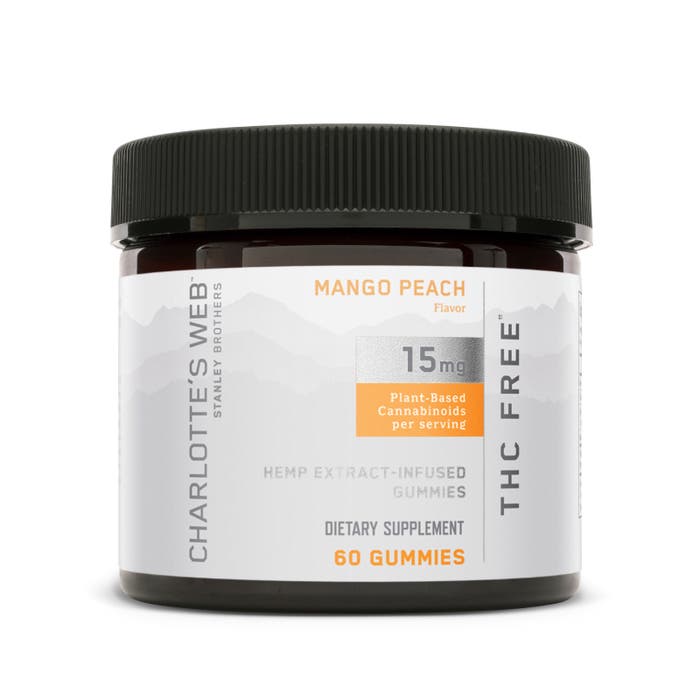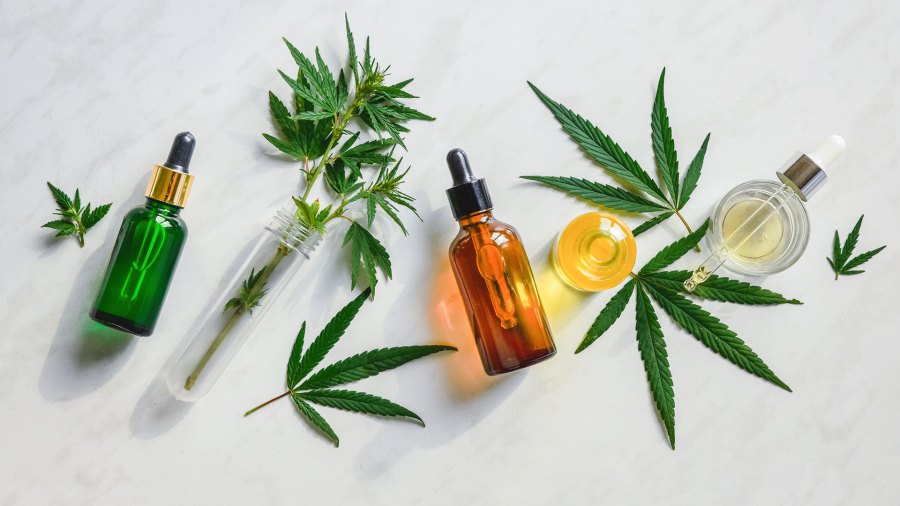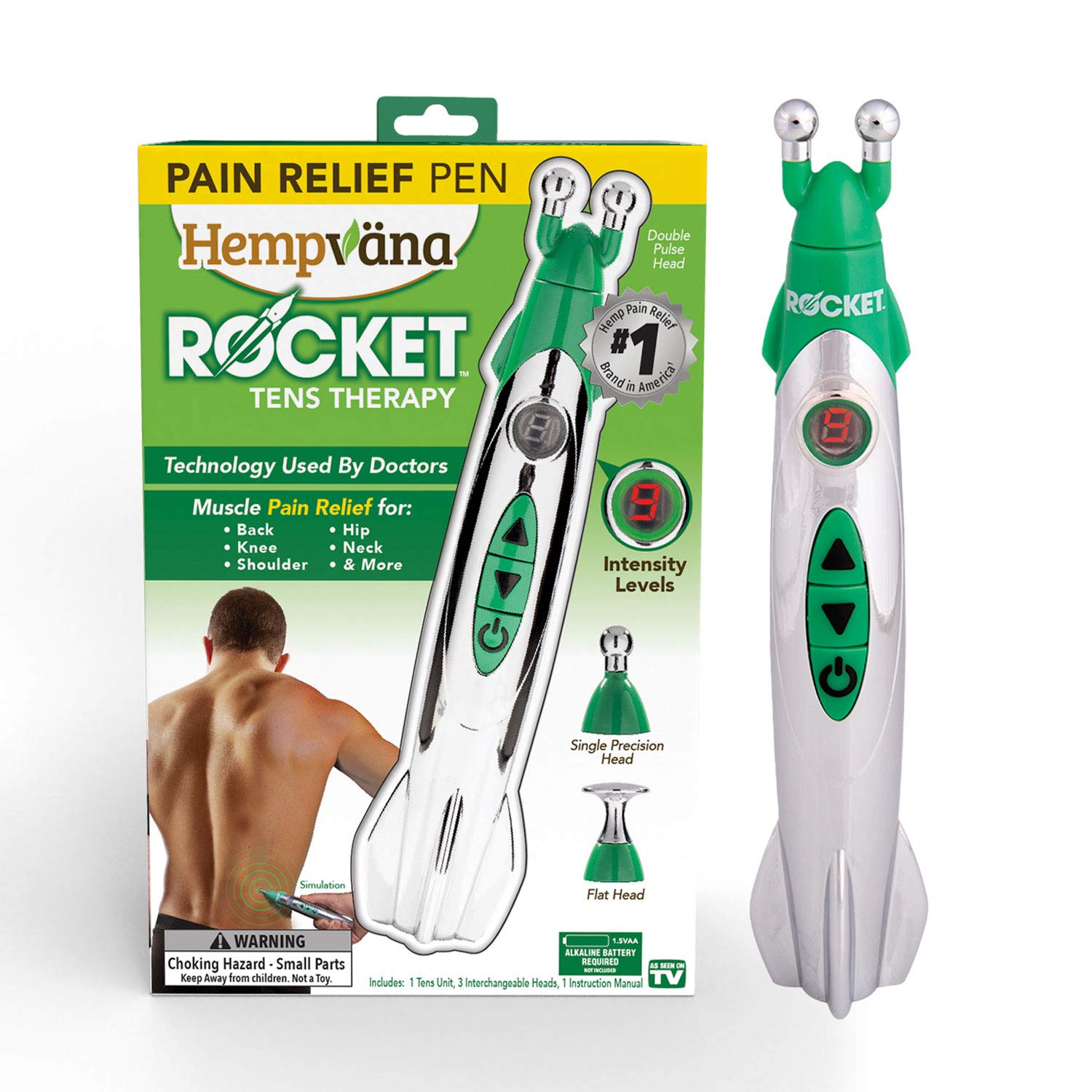
There are many choices in the world of cannabinoid products and cannabis. There are many CBD products that may not be the same quality. It is therefore important to choose the right product for your business. The best way to do this is to carefully consider the qualities that each type of CBD has to offer.
A good CBD product should not contain any contaminants. This is especially true for products made from hemp. If the hemp has been exposed to pesticides, pesticides can also be present in the CBD. It is important that you only choose organic and sustainable agricultural methods.
A third-party lab should test the product. Third-party testing should be done to verify the product's purity, concentration, as well as potency. The lab report should show how much CBD the supplier has provided to you.

Also, make sure to compare prices. Many suppliers offer bulk CBD at fractions of the normal price. Although buying wholesale can save you money in long-term, you'll need to price your products competitively.
It's not an easy task to find a supplier. It is best to choose a well-respected brand that has been in business for a while. They should also be able offer quality customer services.
Lastly, it is important to choose a reputable supplier that can deliver a high-quality CBD product to you. Not all suppliers are created equal, and the same goes for the quality of the CBD they offer. Some companies may sell a great product but not have the experience to provide an excellent experience.
Although buying high-quality CBD products can be time-consuming, it is well worth it. As a CBD wholesaler, you need to purchase quality bulk CBD oil that will give your business the edge it needs to thrive. Although it is possible for low-quality CBD oil to be found, it is much more profitable to invest in high quality, high-potency CBD oil.

You can use the search function on your computer to find reliable suppliers. Find a supplier with the best customer service and speedy response. Depending on your needs, you may need to contact several different CBD suppliers before deciding on one. Ask the supplier to send you a free sample of their products.
A CBD supplier offering a high-quality, innovative product could be able to give you some insight. They will be able tell you all about their product's marketing, technical and other aspects. They should be able and willing to show you the key features of their product.
A supplier offering a secure extraction method is the best thing to look out for when buying CBD products. A supplier that uses poor extraction techniques will result in low quality, impure CBD products.
FAQ
Is CBD a good investment?
The market for hemp-based products continues to grow as people become increasingly aware of their benefits. There could be $1B worth of hemp products on the shelves by 2022.
Market growth is expected to continue at a rate of more than 20% annually until 2020 when it will reach $2.5 billion.
Hemp oil is used in many beauty- and health-care products like lotions.
There are also several companies producing CBD-infused beverages, snacks, pet foods, dog treats, and other food items.
CBD is currently legal across all 50 states. But, this may change in the near future. CBD is legal in all 50 states, but more research will be conducted to determine its potential uses. Businesses will have an easier time operating legally.
With these factors in mind, it's clear that investing in CBD can be a lucrative venture.
Are CBD companies a good idea?
The answer to this question depends on what you are looking for. If you want to make money, then yes, they are a great investment, but if you just want to invest in something that might help people, then I would say no because there are other ways to do that without spending $20k on an oil extraction machine.
What CBD products sell the most?
CBD products are becoming increasingly popular. CBD products are popular for their ability to relieve pain and anxiety. The market is huge and growing fast.
But why do people purchase CBD? This is how it affects brand owners.
Statista states that CBD products are bought for their relaxing effects. They can also be used to treat inflammation.
This means that you can sell your product for both medicinal and recreational purposes if it has CBD and THC.
But what about brands that only focus on one specific purpose? A company selling CBD for stress relief is an example of a brand that will not be challenged.
A brand that focuses on CBD for medicinal purposes will also have a large customer base.
But, if a brand is looking to target recreational users they will need to develop a unique selling position (USP). A USP is essentially a benefit or feature that distinguishes a brand from its competitors.
For example, certain brands offer free shipping. Others offer discounts for bulk orders.
Can I use CBD during pregnancy?
There hasn't been enough research to determine if CBD can be used during pregnancy.
Based on the limited information, however, it seems unlikely that CBD would cause harm for the baby.
Pregnant women should not take CBD unless their doctor has recommended it.
In fact, the Food and Drug Administration recently issued a warning about potential risks associated with taking CBD while pregnant.
FDA stated that there was evidence that marijuana use during pregnancy might increase the risk for miscarriage.
The agency added that more research is needed before a firm conclusion can be drawn.
What amount of CBD do I require?
Dosing depends on what type of product you're buying.
CBD oils come with a range of strengths: 100mg to 1000mg per ounce.
Some companies make CBD products with specific dosages, such as 25mg, 50mg, 75mg, and 100mg.
Charlotte's Web produces CBD products with high levels of CBD and other substances.
If you're unsure about CBD's effectiveness for you, you can try a lower dose.
You can always go up later.
What is the future in CBD?
The future of the CBD industry is bright. It is clear why so many people are getting on board with this industry. With CBD products accounting for over $1Billion in global consumer spending, it is easy to see how the market is growing exponentially.
Statista predicts that global sales of cannabidiol in 2019 will reach $22.4 million. This represents a nearly 200% increase over 2018!
Also, the CBD market is expected to grow at a compound annual rate of 22.5%. This would translate to almost $6.8 billion in revenues by 2022.
This is great news for companies looking to enter this space as well as those already operating in the sector. We must remember that the CBD market still has a lot of work ahead.
Statistics
- As a substance that was federally illegal before the passage of the 2018 Farm Bill, hemp-derived cannabinoids with no more than 0.3% THC still face a regulatory grey area. (forbes.com)
- A recent systematic review of human trials also reported that individuals with epilepsy receiving CBD (5–20 mg·kg−1·day−1) were more likely to experience decreased appetite than those receiving placebo (i.e., ~20 vs. 5% of patients) (ncbi.nlm.nih.gov)
- While the primary injury may not be treatable, interventions that attenuate secondary sequelae are likely to be of benefit [203].Only one study (ncbi.nlm.nih.gov)
- A recent study [161] also found that in vitro CBD treatment (i.e., ≤ 2 h exposure to 10 μM) induced ~40% vasorelaxation in isolated (pre-constricted) (ncbi.nlm.nih.gov)
- however, one study also found that these effects were virtually abolished when the original media (a nutrient broth agar) was replaced with one containing 5% blood (increasing the minimum concentration to ~160 μM CBD) [179]. (ncbi.nlm.nih.gov)
External Links
How To
What are the main issues with the CBD industry.
The market for CBD products continues to grow at an amazing rate. There are many hurdles businesses face when trying to enter the CBD market. There are many challenges facing businesses looking to enter this space, including low consumer awareness, high costs of entry and limited access to capital.
Many consumers don't understand what CBD is and how it works. This means that consumers are unable make informed decisions about purchasing CBD products.
CBD companies heavily rely on word-of-mouth advertising. This can be costly as it involves advertising and staffing to promote the brand.
Another issue facing new entrants into the CBD industry is the high cost of production. CBD products require a lot of raw materials. To make CBD oil, hemp must be grown in certain climates and soil types.
Growing enough hemp to make CBD oil takes around $1,000 per acre. As a result, many small farmers cannot afford to start.
Access to capital is another challenge for new entrants in the CBD market. Because of the stigma associated with this industry, many people are discouraged from opening a business.
Last but not least, there is regulatory uncertainty regarding the sale and distribution of CBD products. There are currently no guidelines on how CBD products should marketed.
Although states have passed laws restricting CBD products sales, these policies are not yet national.
Only Nevada and Maine have already legalized recreational cannabis.
Massachusetts and Michigan are however considering similar measures.
These changes could mean that CBD manufacturers will be more competitive.
As a result of these factors, many entrepreneurs choose to work from home rather than start a physical business.